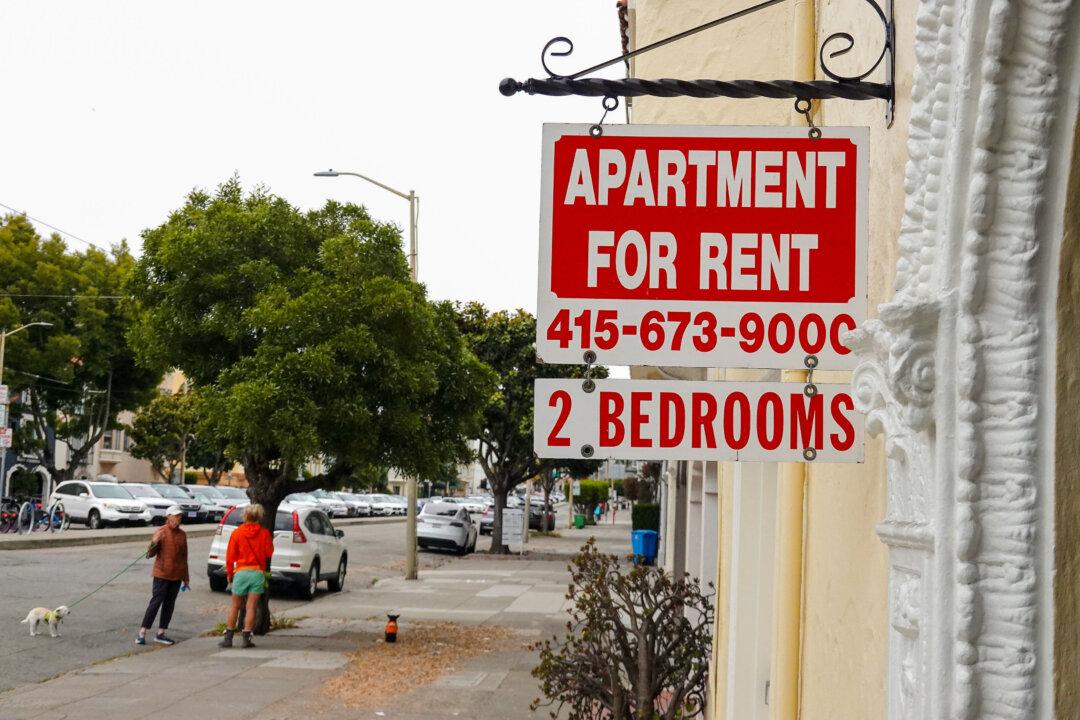California’s newest legislation to lower the statewide rent control cap and increase tenant protections was pulled by its author on April 29.
AB 1157, named the Affordable Rent Act by Assemblyman Ash Kalra, faced strong opposition from landlords and apartment owners. Kalra announced on April 29 that he had withdrawn the measure and expects to reintroduce it next year.





